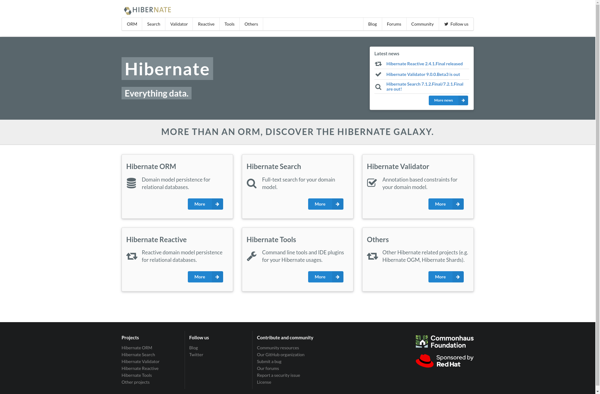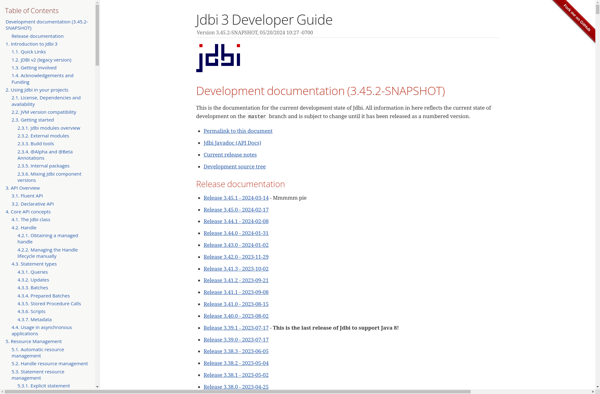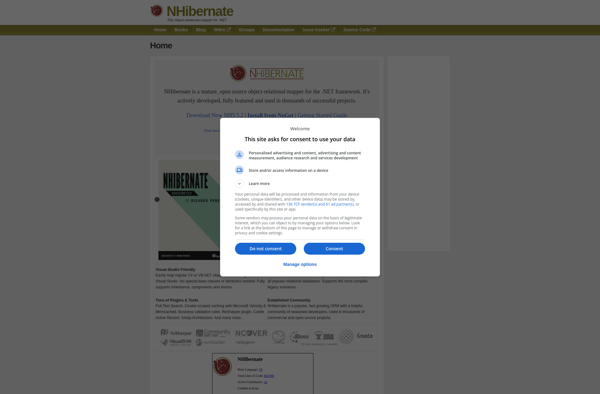Hibernate

Hibernate: Open-Source Java Framework for Object-Relational Mappings
Hibernate is an open-source Java framework that facilitates the development of Java applications using object-relational mapping. It simplifies database interactions by abstracting away the SQL code needed to store and retrieve data.
What is Hibernate?
Hibernate is an open source, lightweight, ORM (Object Relational Mapping) tool for Java applications. It provides a framework for mapping Java classes to database tables and allows developers to interact with the database using Java objects rather than writing SQL statements directly.
Some key features of Hibernate include:
- Mapping from Java classes to database tables using XML or annotations
- Powerful object-oriented query language HQL (Hibernate Query Language)
- Automatic generation of SQL statements
- Support for association mapping (one-to-one, one-to-many, many-to-many)
- Transaction management
- Caching and performance optimization
Hibernate handles all the complex SQL generation and result set mapping, allowing developers to focus more on business logic rather than data persistence. By removing manual CRUD operations, it improves developer productivity and application maintainability. It is compatible with all major relational databases like Oracle, MySQL, Microsoft SQL Server, PostgreSQL etc.
With its rich feature set and widespread adoption, Hibernate has become the de facto standard ORM solution for Java web applications.
Hibernate Features
Features
- Object-relational mapping (ORM) framework
- Generates SQL queries and relieves the developer from manual result set handling and object conversion
- Provides data query and retrieval facilities
- Implements the Java Persistence API (JPA) specification
- Supports lazy loading
- Caching of data to improve performance
- Support for inheritance, polymorphism, association and collections
- Database schema generation from objects
- Database schema update from changes to objects
Pricing
- Open Source
Pros
Cons
Official Links
Reviews & Ratings
Login to ReviewThe Best Hibernate Alternatives
Top Development and Object Relational Mapping and other similar apps like Hibernate
Here are some alternatives to Hibernate:
Suggest an alternative ❐JDBI

Fénix Framework

NHibernate .NET
